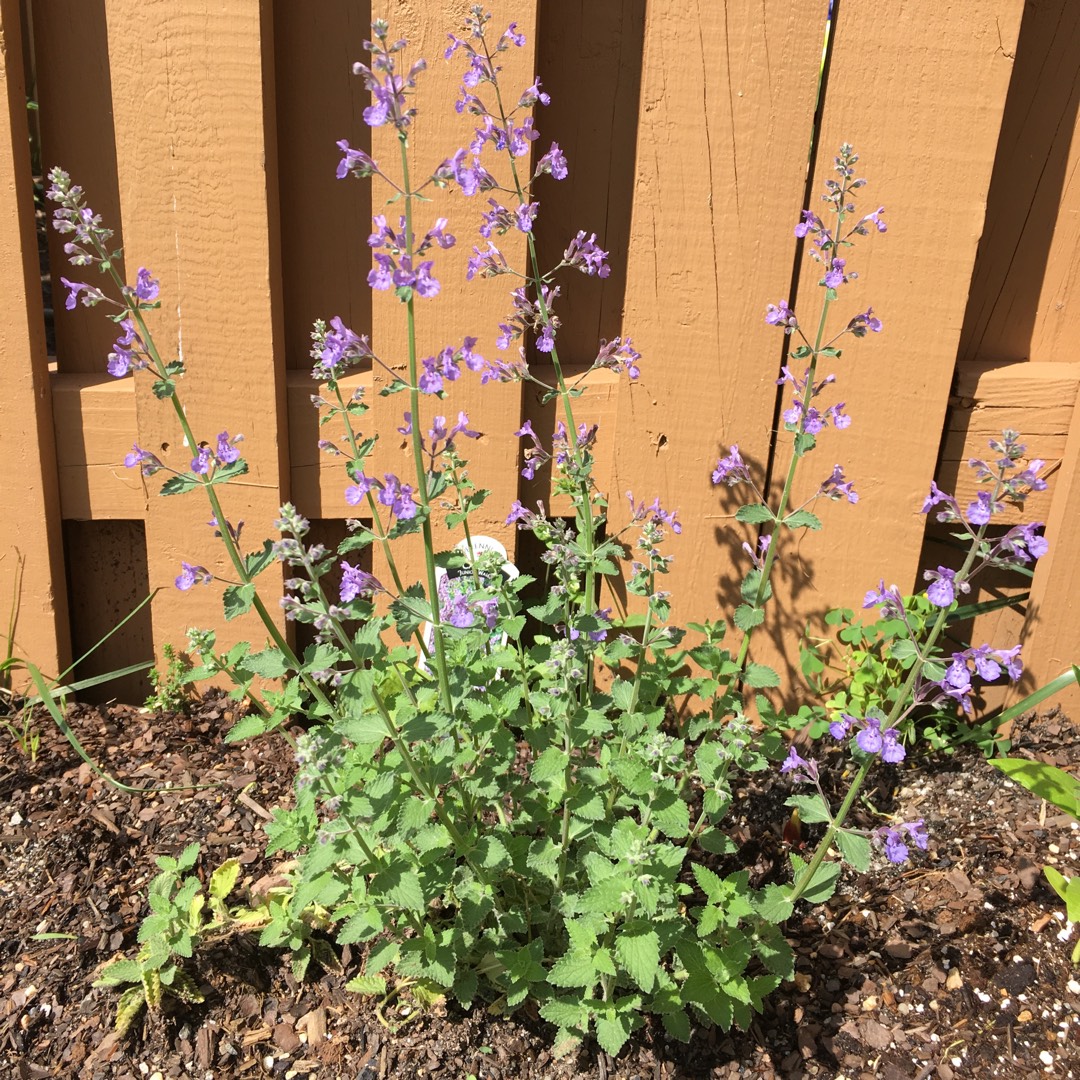
Nepeta faassenii 'Junior Walker'
Nepeta 'Junior Walker'
Nepeta are mostly herbaceous perennial plants, but some are annuals. They have sturdy stems with green to gray-green leaves which are usually aromatic. Cultivated as ornamental plants, they can be drought tolerant with long blooming periods from late spring to autumn. This selection of Catmint is a sterile dwarf and only reaches approximately 40cm tall. Small pale lavender flowers are densely clustered and bloom from early to late summer.
-
Full sun to partial shade
-
Very little water
-
Frost Hardy: 23F (-5°C)
-
Free draining
Common name
Nepeta 'Junior Walker'
Latin name
Nepeta faassenii 'Junior Walker'
type
Herbaceous Perennials
family
Lamiaceae
ph
5.0 - 8.0 Acid - Neutral
Plant & bloom calendar
-
Best time to plant
full grown dimensions
 0.40 M
0.40 M
0.40 M
0.40 M
Nepeta faassenii 'Junior Walker'
Nepeta are mostly herbaceous perennial plants, but some are annuals. They have sturdy stems with green to gray-green leaves which are usually aromatic. Cultivated as ornamental plants, they can be drought tolerant with long blooming periods from late spring to autumn. This selection of Catmint is a sterile dwarf and only reaches approximately 40cm tall. Small pale lavender flowers are densely clustered and bloom from early to late summer.
Planting young plants
From Early Spring TO Early Spring
Catmint and Catnip plants grow best when they receive full sun, but they will tolerate and may even require some afternoon shade, especially in hot summer regions. They are not overly fussy about the soil they are planted in, as long as it is very well-drained. Catmints and Catnip are very drought tolerant plants that actually prefer soil that is kept on the drier side.
Propagation by seed
From Early Spring TO Early Spring
Catmint seeds are sterile and are of no use for propagation. Catnip seeds can be sowed directly in the garden, in the spring as soon as the soil is workable. Seeds started indoors should be kept at 60°-70° during germination, which only takes 7-10 days. Set your new plants 6"-15" apart in the garden after all danger of frost has passed.











